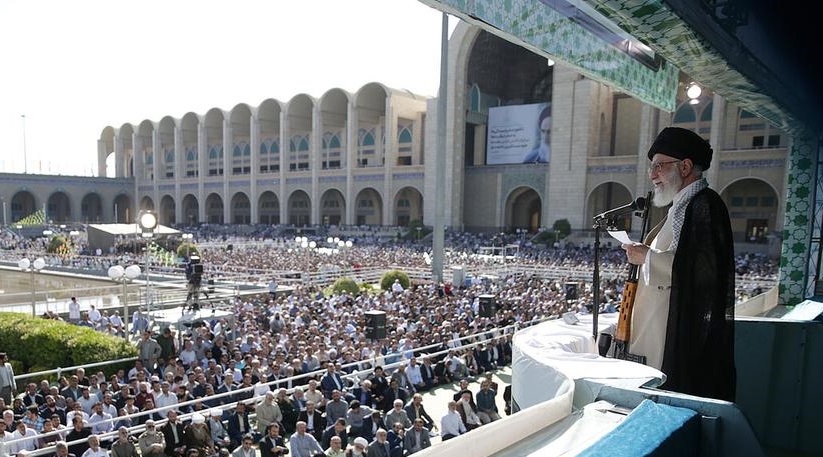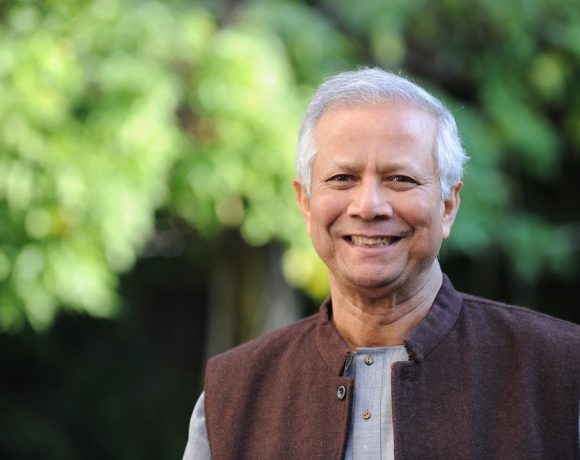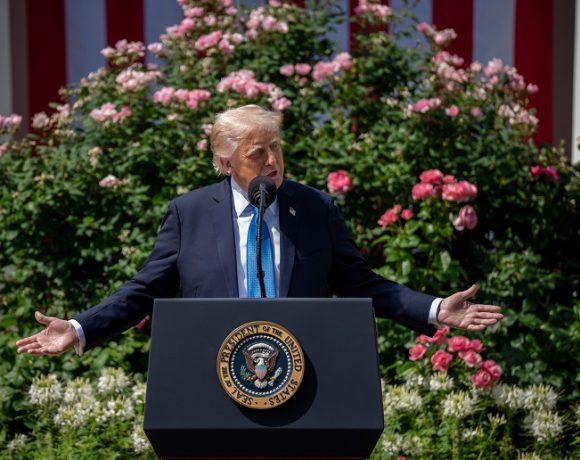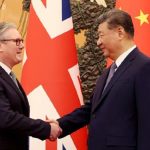
Intel Warns Iran Could Restart Nuclear Work in Months Despite US Strikes
US intelligence agencies have assessed that Iran possesses the capability to restart its nuclear program within a matter of months, despite recent military strikes by the United States targeting its major nuclear facilities. The revelation raises serious questions about the long-term effectiveness of military operations aimed at halting Tehran’s nuclear ambitions and highlights the enduring resilience of Iran’s nuclear infrastructure.
Strikes Failed to Fully Cripple Nuclear Capacity
Recent operations, including strikes on Fordow, Natanz, and Isfahan, aimed to dismantle Iran’s uranium enrichment efforts. However, the intelligence suggests these attacks, while disruptive, did not entirely neutralize Iran’s ability to produce fissile material. Underground bunkers, hidden centrifuge systems, and dispersed operational cells remain intact, leaving the program capable of revival with minimal notice.
Iran is believed to have safeguarded core scientific knowledge, stockpiles of enriched uranium, and technical components necessary for swift reactivation. These elements allow Tehran to recover progress at a pace much faster than previously estimated by military planners.
Trump’s Claims Disputed
President Donald Trump asserted that the strikes had “completely destroyed” Iran’s nuclear program. However, current intelligence reports sharply contradict that view, warning that the regime has maintained the critical infrastructure required to restart enrichment activities. Officials say the program is “delayed, not dismantled,” and could be brought back online in phases depending on Tehran’s strategic decision-making.
Iran’s Decentralized Nuclear Strategy
Iran’s contingency planning appears to have paid off. By spreading its centrifuges across fortified locations and creating redundancy within its supply and personnel networks, the regime has ensured survivability against aerial strikes. This strategic dispersion minimizes the impact of any single strike and complicates foreign attempts to permanently disable the nuclear pathway.
Regional and Global Implications
The prospect of a nuclear restart within months has triggered renewed concern among allies in the Gulf and Israel. Military planners in the region are reviewing preemptive strategies, while diplomatic channels remain alert to any signal that Tehran may accelerate its program. The U.S. may also consider additional sanctions or covert interventions to hinder Iran’s efforts.
With the Vienna deal long stalled and trust between Iran and the West at a low point, any signs of nuclear reactivation could reignite broader instability in the Middle East and derail any future talks.

















